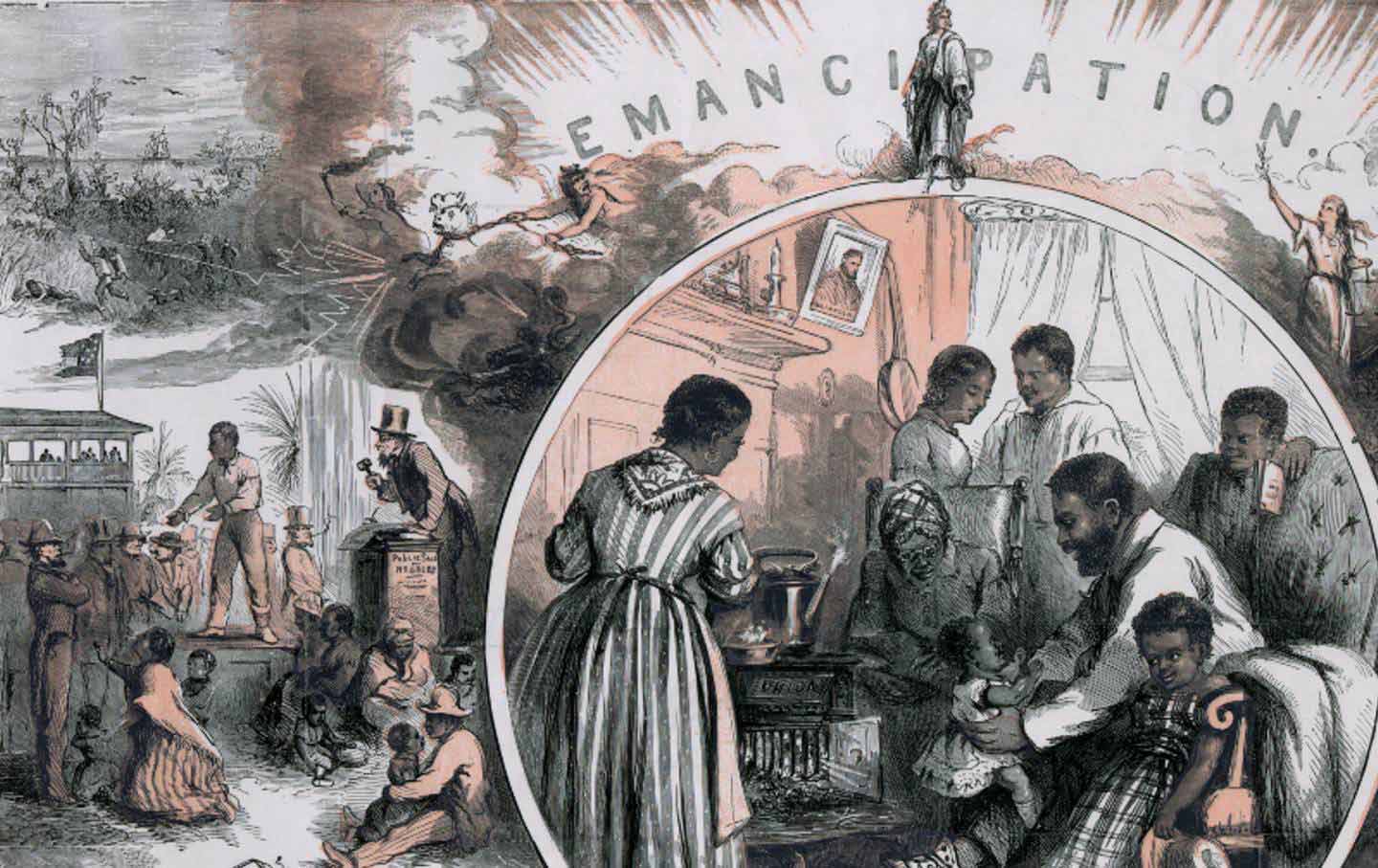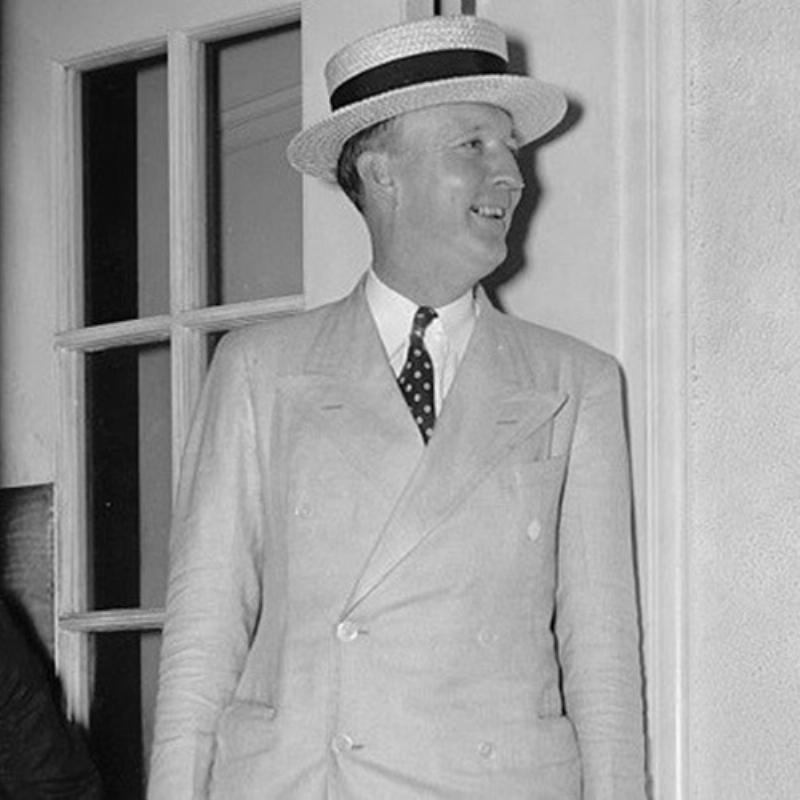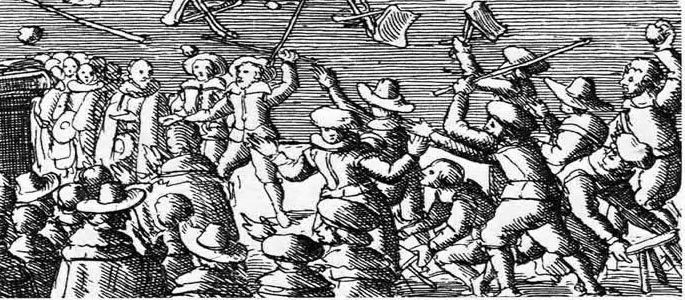




Wendell Berry's book 'The Need to be Whole: Patriotism and the History of Prejudice' challenges conventional thinking by comparing racism to puritanism and defining prejudice as a cultural preference for industrial wage slavery [1f9f27ed]. Berry argues that the Civil War was a battle between industrialism and agrarianism, and criticizes the North for introducing the concept of treating everyone as replaceable by machines. He explores the connection between exploitation, violence, and the destruction of the land, and calls for a reconnection based on love and a shift towards peace and thrift in the economy. Berry's work highlights the linkages between a deeply fractured society, disdain for manual labor, and the disregard for those who practice sustainable agriculture. While some may accuse Berry of conflating the legacies of slavery and romanticizing agriculture, his insights help to understand the resentments exploited by the right wing. Berry's book offers a perspective on American history as a conflict between capitalism and a more social, communal, and rooted approach to life [1f9f27ed] [ea6a6d33].
According to an article by Dr. Ben Voth in American Thinker, Hugo Black, a former Supreme Court justice, was involved in a racially motivated murder trial in 1921. He joined the KKK in 1923 and received a lifetime membership. Despite his KKK membership being discovered in 1937, he refused to resign from the Supreme Court. Black's contributions to the Court included rationalizing the internment of Japanese Americans and promoting the idea of a 'wall separating church and state.' His views on the KKK and his jurisprudence are seen as examples of the Democratic Party's rewriting of history. The article argues for a reassessment of American history to understand true patriotism [c061c47a].
In a recent opinion piece on 1819news.com, KCarl Smith, a prominent young black conservative, made controversial remarks about slavery. Smith claimed that slavery 'wasn't all that bad,' sparking a heated debate. This statement has been met with criticism and backlash from many who argue that it is historically inaccurate and insensitive to those who suffered under slavery. Frederick Douglass, a former slave and leading voice in the abolitionist movement, provided a firsthand account of slavery's brutality, describing the physical abuse, psychological torment, and loss of control over one's own liberty. Smith's remarks are seen as dismissive of the pain and suffering endured by enslaved individuals and have drawn attention to the complexities of black conservatism and its relationship to the history of slavery [f0624b7b].
Adding to the discourse, Robin Blackburn's latest book, 'The Reckoning: From the Second Slavery to Abolition, 1776–1888,' delves into the concept of 'second slavery' and its ties to early capitalism in the Americas. Blackburn discusses how slavery resurged in the 19th century despite earlier abolition efforts, particularly in Cuba and Brazil, where emancipation processes were delayed until the late 19th century. He critiques the incomplete nature of emancipation and emphasizes the importance of understanding the intertwined histories of slavery and capitalism. This perspective provides a broader context for the ongoing legacies of slavery and the political economy surrounding it [1883c48c].
The author of the opinion piece also argues against the transformation of the United States into a communist country, highlighting the concentration of power in the hands of the government and the suppression of individual rights and liberties that come with communism. This perspective adds another layer to the debate, as it raises questions about the role of ideology in shaping views on historical events and their impact on present-day politics [f0624b7b].